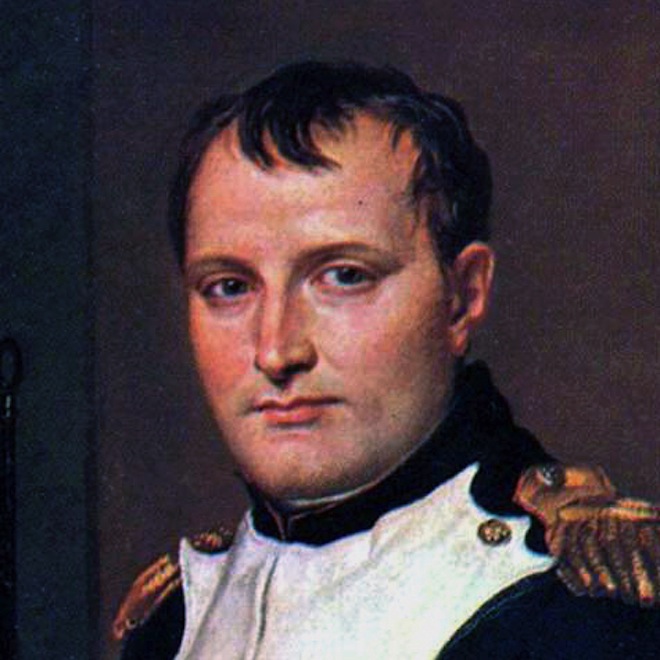Napoleon Bonaparte
Napoleon rose to power during the French Revolutionary Wars that raged from 1792 to 1802. He made himself emperor in 1804 and successfully repelled the advances of the Russian and Austrian armies at Austerlitz in 1805. His army was able to secure most of western Europe for his empire, but in 1812 it suffered a major defeat in Russia.
Two years later, a coalition of forces defeated him at Leipzig, Germany. Napoleon managed to escape from exile to raise an army in France, but was ultimately defeated at the Battle of Waterloo on 18 June 1815 by the Seventh Coalition force commanded by the Duke of Wellington.
William the Conqueror
In 1035, William became Duke of Normandy, but his detractors preferred to call him William the Bastard. He used his political and military skills to put down a series of rebellions between 1046 and 1055. By far his biggest success was the invasion of England
in 1066. After a day-long battle against Harold II’s army on 14 October at Hastings, he emerged victorious. Harold, the last Anglo-Saxon king, was killed and his army fell apart. William crowned himself and established a strong Norman influence in England. Returning to Normandy, he spent the rest of his life dealing with continental disputes.
Hannibal Barca
Hannibal commanded his Carthaginian armies against the might of the Roman Republic. One of his most audacious campaigns was to invade northern Italy by marching his army over the Alps. He fought his opponents by determining their strengths and weaknesses, and then capitalising on this knowledge to defeat them.
His tactics won three major battles (Trebia, Trasimene and Cannae) in Italy, which he occupied for 15 years. The Romans eventually forced Hannibal back to Carthage (in Tunisia), where Roman General Scipio Africanus defeated him at the Battle of Zama in 202 BCE. Nonetheless, his strategic skills were later employed by Prusias I in Asia Minor to great effect to repel Roman forces on land and sea.
To view our top ten list of military leaders see the digital edition of issue three of All About History.


